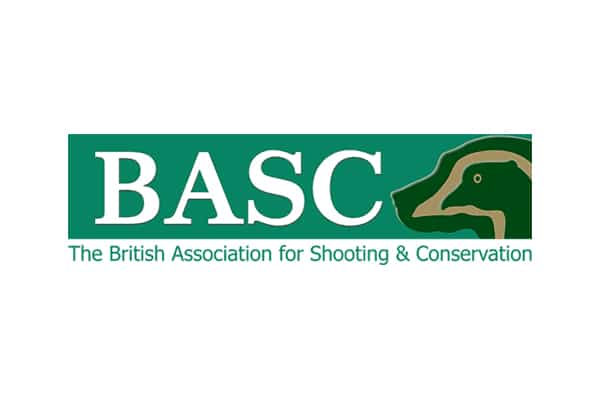
Help us help you on general licences
People can email Defra direct and complete a short online survey.
Get information on the legal shooting season for mammals and birds in the UK.
Apply for funding for your project or make a donation today
Comprehensive information and advice from our specialist firearms team.
Everything you need to know about shotgun, rifle and airgun ammunition.
Find our up-to-date information, advice and links to government resources.
Everything you need to know on firearms law and licensing.
All the latest news and advice on general licences and how they affect you.
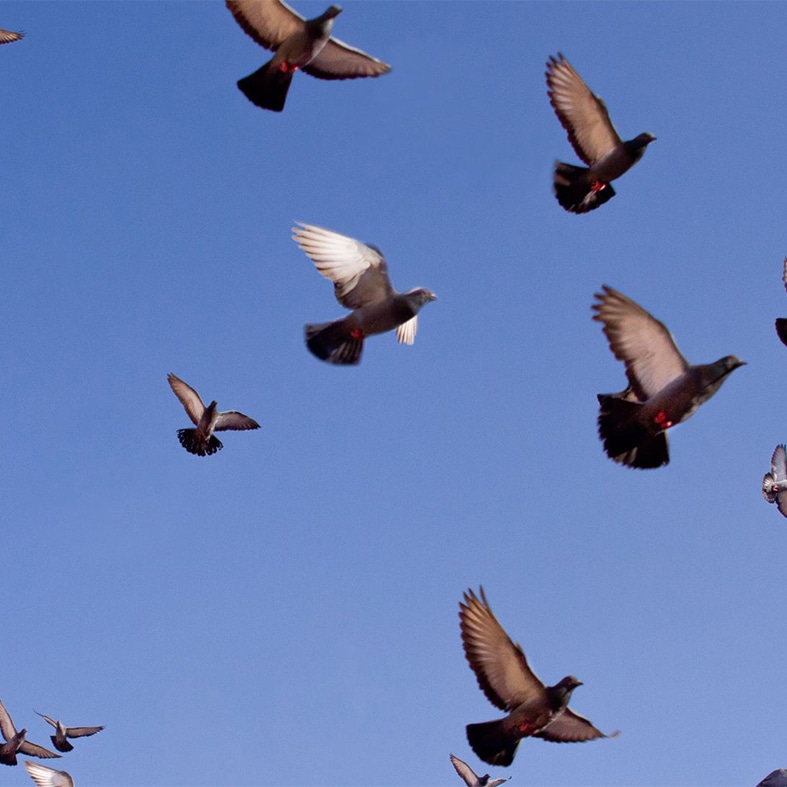

BASC’s Glynn Evans discusses the general licences, covering some of the differences between each one and answering common questions around their use.
In a nutshell, provided all the relevant terms and conditions are complied with, a general licence for wild bird control makes what would otherwise be illegal, lawful.
Before looking at the current general licences, it is useful to consider a little background. The basic starting point is that under the Wildlife and Countryside Act 1981 (WCA 1981) applicable to England, Scotland and Wales, and the Wildlife (Northern Ireland) Order 1985, all wild birds are protected.
There are exceptions to this approach and some species such as ducks and gamebirds (each home country could have different legislation and regulations in place) can be taken during the relevant seasons. There are also other exceptions, such as what could be termed the mercy dispatch of birds which are seriously disabled and would not recover.
Within this legislation certain bird species, such as crows and magpies, used to be included in what was often referred in layman’s terms, as the ‘pest birds list’ (Part II schedule 2 The WCA 1981 and Wildlife (NI) order 1985).
As such, these species could be controlled by ‘authorised people at all times.’
Then, in the early 1990s, it was determined that allowing these birds to be controlled at any time, including their breeding seasons, did not comply with relevant European law and international obligations.
Because control of these species was often carried out for reasons such as conserving other wild birds or preventing serious damage to livestock, and because control for these specific purposes could be authorised under a general licence, the government opted to remove all species from the ‘pest birds list’ and use a general licence route. Since then, because of devolution, there has been another development in that there are different agencies responsible for issuing general licences in each of the four home nations.
It is probably worth noting that one benefit of using a general licence route is that methods which would otherwise be illegal, such as the use of semi-automatic guns, can be authorised by such a licence.
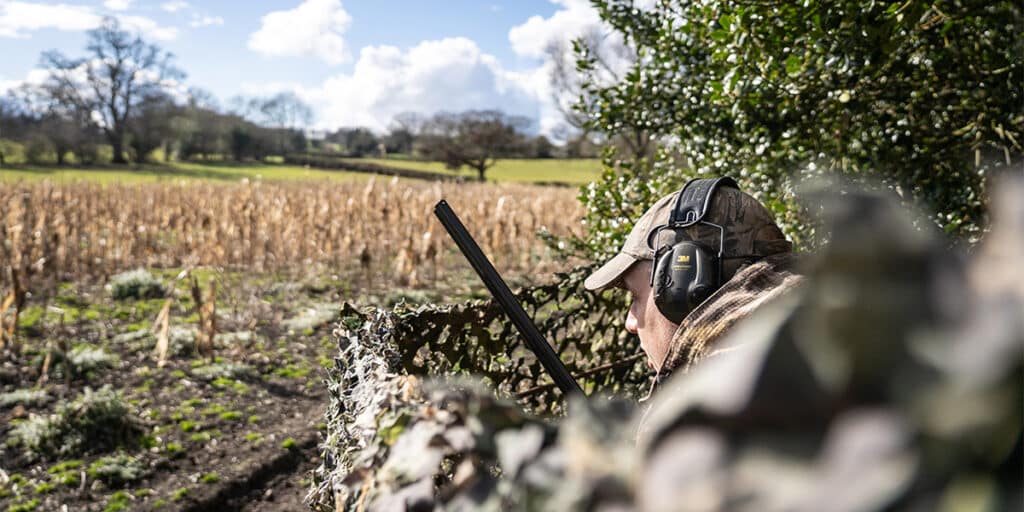
General licences are issued for a wide range of different species and range of purposes connected to wildlife.
In England there are more than 20 different general licences listed on the relevant webpage.
However, the ones most people managing wild birds will be familiar with are those relating to conservation, preventing serious damage and public health or safety. There are differences between these general licences, not only in relation to those issued for different purposes but also between comparable licences issued in each home country.
While the general licences have become complex and more detailed than earlier versions (personally I think they could be simplified), by spending time reading through them it is possible to get up to speed with what is and isn’t allowed. Also, any member can contact BASC for advice and clarification, but here are some common queries.
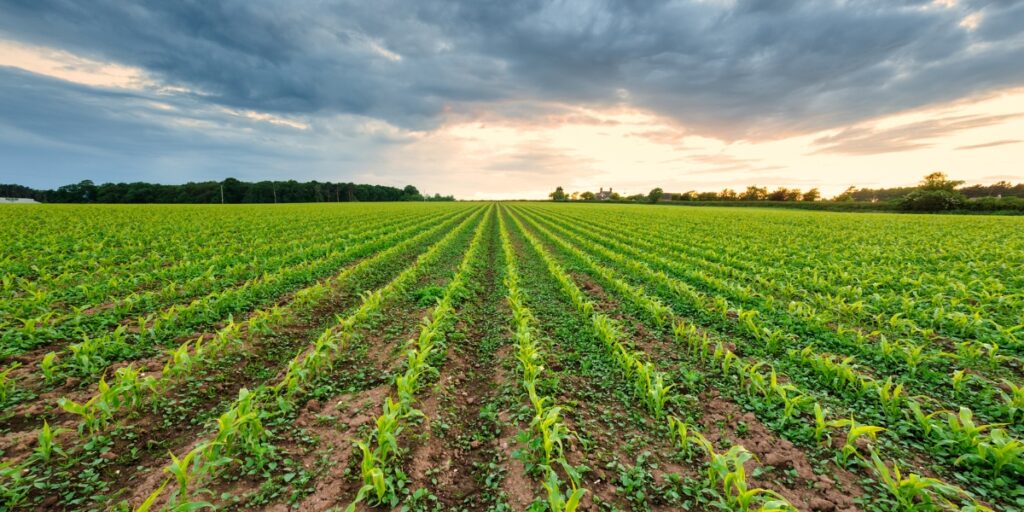
No, general licences don’t have to be applied for, but there can be requirements around who can use them, such as restrictions on those who have been convicted of a wildlife crime. Details of the general licences issued by all the home governments can be found on their respective websites and there are links to these and further advice on the BASC webpage dedicated to general licences.
I would take a step back, put aside the where and focus on the why. To give an example, a farmer with sheep and lambs and who cannot take alternative measures to ‘protect them’ (such as keeping this stock indoors) might (or authorise someone else to) control crows by shooting them coming into a wood, with the purpose of preventing serious damage to this livestock, which will be on fields and not in the wood itself.
The same approach could be applicable to crops or conservation of other species. A key element being that any action is taken for the purpose and in accordance with the rules of the relevant general licence e.g. to prevent serious damage.
No, basically the approach with general licences is preventative e.g. to prevent serious damage or conserve vulnerable species, so it isn’t necessary for such damage to occur before acting. But again, your actions must be for the purpose detailed in the relevant general licence you are acting under. However, when looking at the issue of timings of control there can be a difference in approach between the home nations. For instance, in Wales the relevant general licence for conservation (004) is only valid from 1 February 2024 to 31 August 2024.
Provided you are carrying out control for the purpose and complying with the relevant general licence you are operating under, there is no reason why you cannot use decoys and plenty of practical reasons where their use could be beneficial, such as drawing birds into range, thus helping with the humane killing of such birds.
However, just to clarify, we are talking about using dead birds or artificial decoys, not tethered live birds, the use of which is illegal. The use of certain species as call birds, in cage traps, is permitted and covered by specific conditions in relevant general licences.
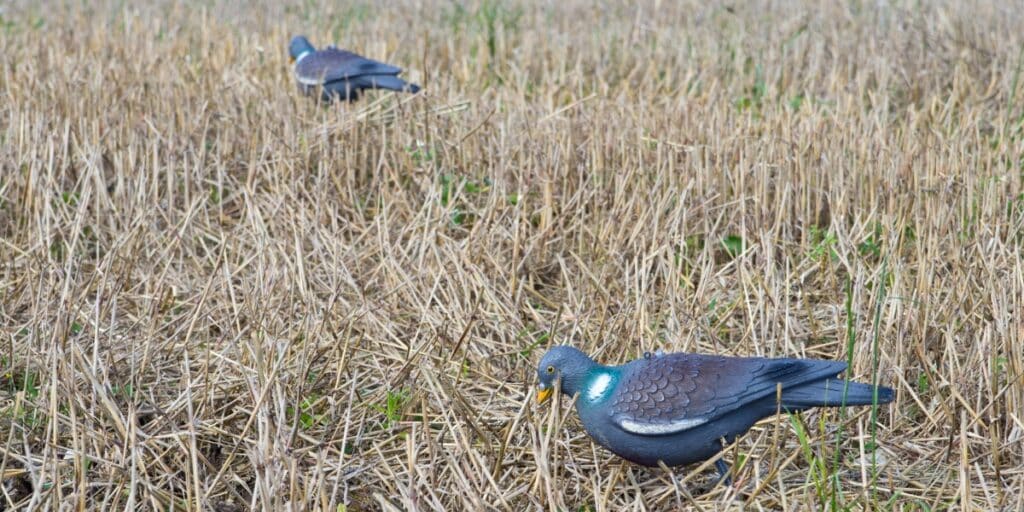
While there can be some restrictions or conditions (which can differ across home countries) around certain protected sites there is no restriction on specific land type such as garden or urban areas. In practice some control, such as of feral pigeons for public health and safety, is likely to be undertaken in such areas.
From a practical point of view, given how things can get misconstrued, I would consider the specifics and any sensitivity of a location where such control is needed and act accordingly. Depending on the situation this might include me explaining to relevant people what was being undertaken and that such action was legal and authorised by a ‘government’ licence.
This is an area where the approach in each of the home countries can differ. In Wales, several designated sites are excluded from the general licences. The details of these are listed on the licences and in such situations a specific licence must be applied for.
If you need to control a species which isn’t on a general licence, you can apply for an individual or specific (as it is called in Wales) licence from the relevant government agency. The process for this varies between each of the home countries and may seem a bit daunting, but I would encourage anyone who has a need to apply to not be discouraged.
If you need assistance or advice on this or any other aspect of general licences, contact your local BASC team here. You can also find more information, including country-specific rules, on our general licences page.

People can email Defra direct and complete a short online survey.
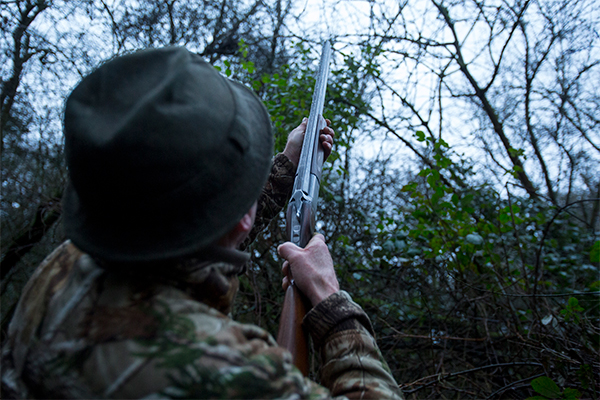
Roost shooting can be an effective way of helping to control woodpigeon numbers, but one that requires fieldcraft and a degreed of patience.
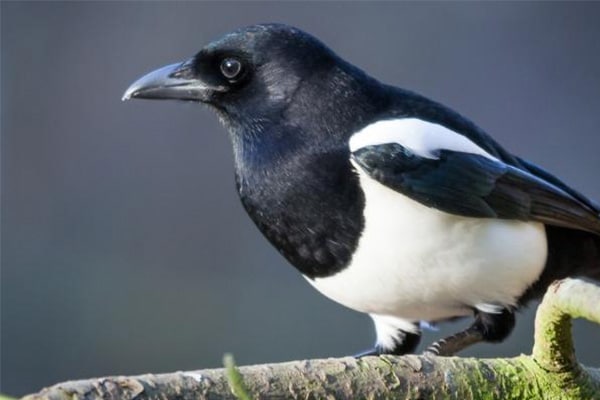
The decision by Natural Resources Wales to restrict the ability of conservationists and wildlife managers to control magpies, jays and jackdaws is a retrograde blow for conservation.
Sign up to our weekly newsletter and get all the latest updates straight to your inbox.
© 2025 British Association for Shooting and Conservation. Registered Office: Marford Mill, Rossett, Wrexham, LL12 0HL – Registered Society No: 28488R. BASC is a trading name of the British Association for Shooting and Conservation Limited which is authorised and regulated by the Financial Conduct Authority (FCA) under firm reference number 311937.
BASC Direct Ltd is an Introducer Appointed Representative of Agria Pet Insurance Ltd who administer the insurance and is authorised and regulated by the Financial Conduct Authority, Financial Services Register Number 496160. Agria Pet Insurance is registered and incorporated in England and Wales with registered number 04258783. Registered office: First Floor, Blue Leanie, Walton Street, Aylesbury, Buckinghamshire, HP21 7QW. Agria insurance policies are underwritten by Agria Försäkring.
If you have any questions or complaints about your BASC membership insurance cover, please email us. More information about resolving complaints can be found on the FCA website or on the EU ODR platform.